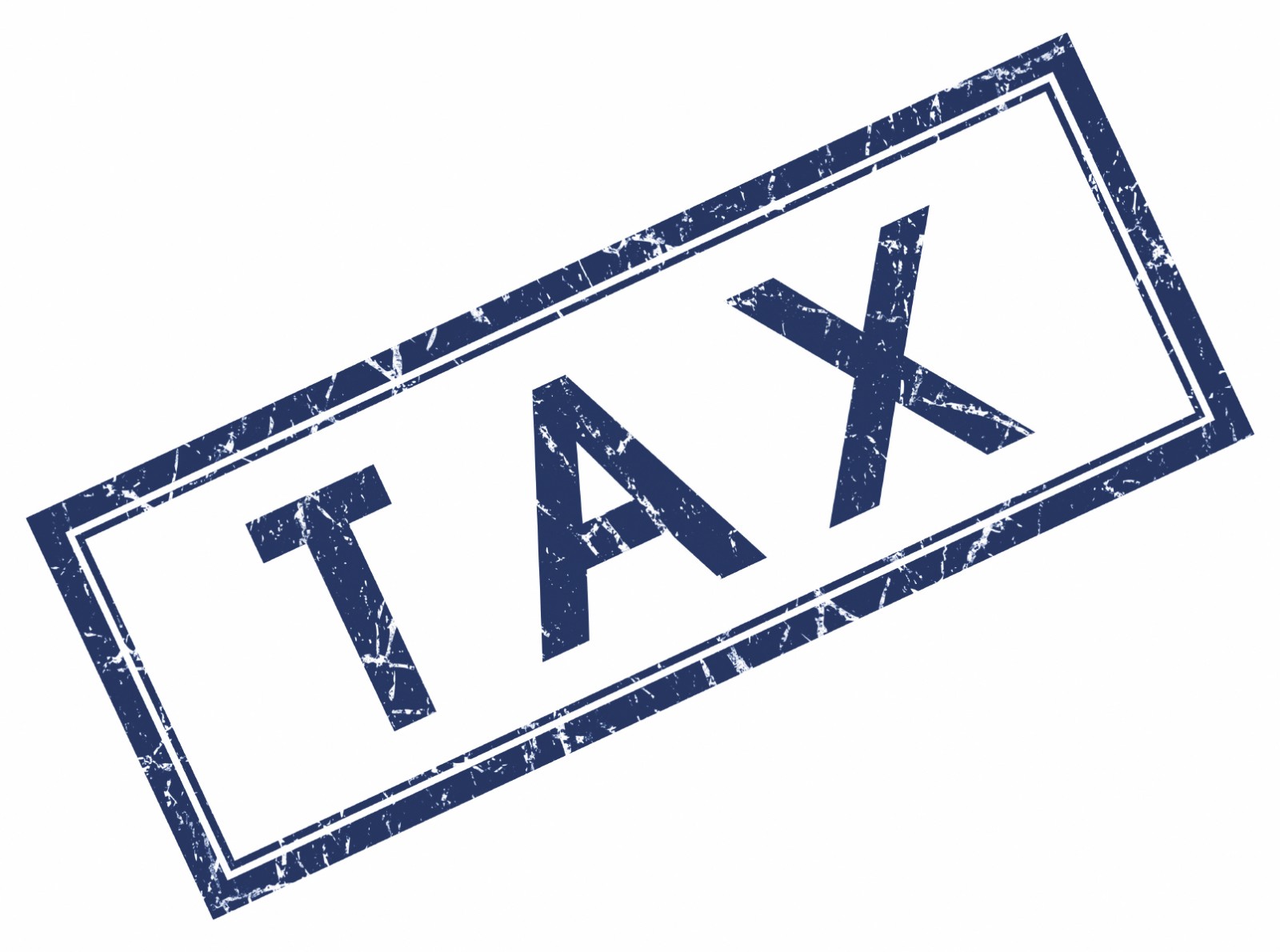Home » Uncategorised »
Council Tax Reform Could Raise £3.5 Billion More Than Mansion Tax
This article is an external press release originally published on the Landlord News website, which has now been migrated to the Just Landlords blog.

Labour has faced more criticism over its mansion tax proposal after a report highlighted that council tax reform would be more reasonable and raise four times as much.
Ed Miliband has stated that his flagship policy will raise £1.2 billion annually for the NHS. However, the Centre for Economic and Business Research (CEBR) has said it is “improbable” that it would raise this much.
The researchers say that changing council tax bands, which have not been altered for 25 years, would be a more “progressive” way to raise funds. Apparently an extra £4.7 billion a year could be made from adding three more brackets for expensive homes.
Opponents to the tax say that it would target pensioners on low incomes, whose homes have massively grown in value recently, and also disproportionately affect those living in London and the South East.
The CEBR noted that if the government reforms council tax instead, discounts and exemptions could “mostly shield” people on low incomes.
It says: “Unlike the proposed mansion tax, a reformed system of council tax does not punitively over-tax a certain group of homeowners, those whose homes are valued above £2m, or a particular region of the country.”
Founder of the Fair Home Tax campaign, Howard Cox, commissioned the CEBR’s report, and said the findings indicate that Labour is “ignoring a fairer approach, simply to score ill-informed public support.”
Cox continues: “Our report reveals that Labour’s proposed mansion tax is a far less effective revenue raiser compared with a sensible reassessment of the council tax bands.
“This fairer, more progressive approach to property taxation compared with the proposed mansion tax would provide a shot in the arm to local services and the NHS through existing channels, rather than adding more red tape.
“This report demonstrates that a revised system, with those living in the most valuable houses paying more, would yield billions for local services and the NHS, while reducing the council tax burden for those living in the least expensive properties.”1
Charles Clarke, the former Labour home secretary, has called tax an “absurd proposition”, and Dame Tessa Jowell said she is “concerned” over the effect on the asset-rich but cash-poor.1
Homes in England are placed in one of eight council tax bands, A-H, based on property valuations in 1991. Since then, prices have spiralled. At present, band A applies to homes worth less than £40,000, but there are not many left at this price. Band H is for homes over £320,000.
The CEBR recommends bands from A-K, with band A for homes under £85,000 and K for those over £4m. Band K homeowners would be charged £4,493 per year, which is around £1,500 more than they currently pay. The average homeowner would pay £167 more a year.
The most expensive properties would be charged four-and-a-half times more than the cheapest; they are billed three times more at present.
If politicians look to raise a smaller sum of £1.2 billion, they could give exemption to those in band A, and discounts to those in bands B and C.
Labour states that the mansion tax’s £2m threshold will increase in line with prime property prices. They also claim that low-income homeowners will not have to pay until their property is sold.
Labour MP Margaret Hodge, who is also chair of the powerful Public Accounts Committee, has welcomed the CEBR’s report, but has not criticised Labour’s flagship plan.
Hodge says: “All political parties have, in an absurd and cowardly way, failed to review council tax bands since 1991. It is ridiculous that somebody whose house is worth £30m is in the same council tax band as someone whose home is £320,000.”
When asked if Ed Miliband should consider council tax changes rather than the mansion tax, Hodge stated: “As we develop our proposals around property taxation, we should look in detail at other proposals like this.”1
Conservative MP for Kensington, Sir Malcolm Rifkind says: “Mansion tax is absurd and ridiculous. It is morally and intellectually indefensible. Even half the Labour party have identified it as foolish and unworkable.
“I do not want to see an increase in taxation in any area because I believe in low taxes. But if it is necessary to do something, then adjusting council tax bands is an infinitely more sensible means of doing it than mansion tax. It certainly deserves to be looked at, whoever wins the election.”1
The CEBR says that since council tax was launched in 1993, “property values around England have shifted drastically.”
In 2007, a revision was planned in England, but was postponed in 2005 by the Labour government. The coalition government has not since reviewed it.
Although politicians do not want to impose higher bills on homeowners by changing the council tax bands, the CEBR says it should be revised. They believe their proposal would “shift part of the tax burden to occupants of very high value properties” in a fair way.1
They expect the revaluation of properties around the UK to cost £257m.





